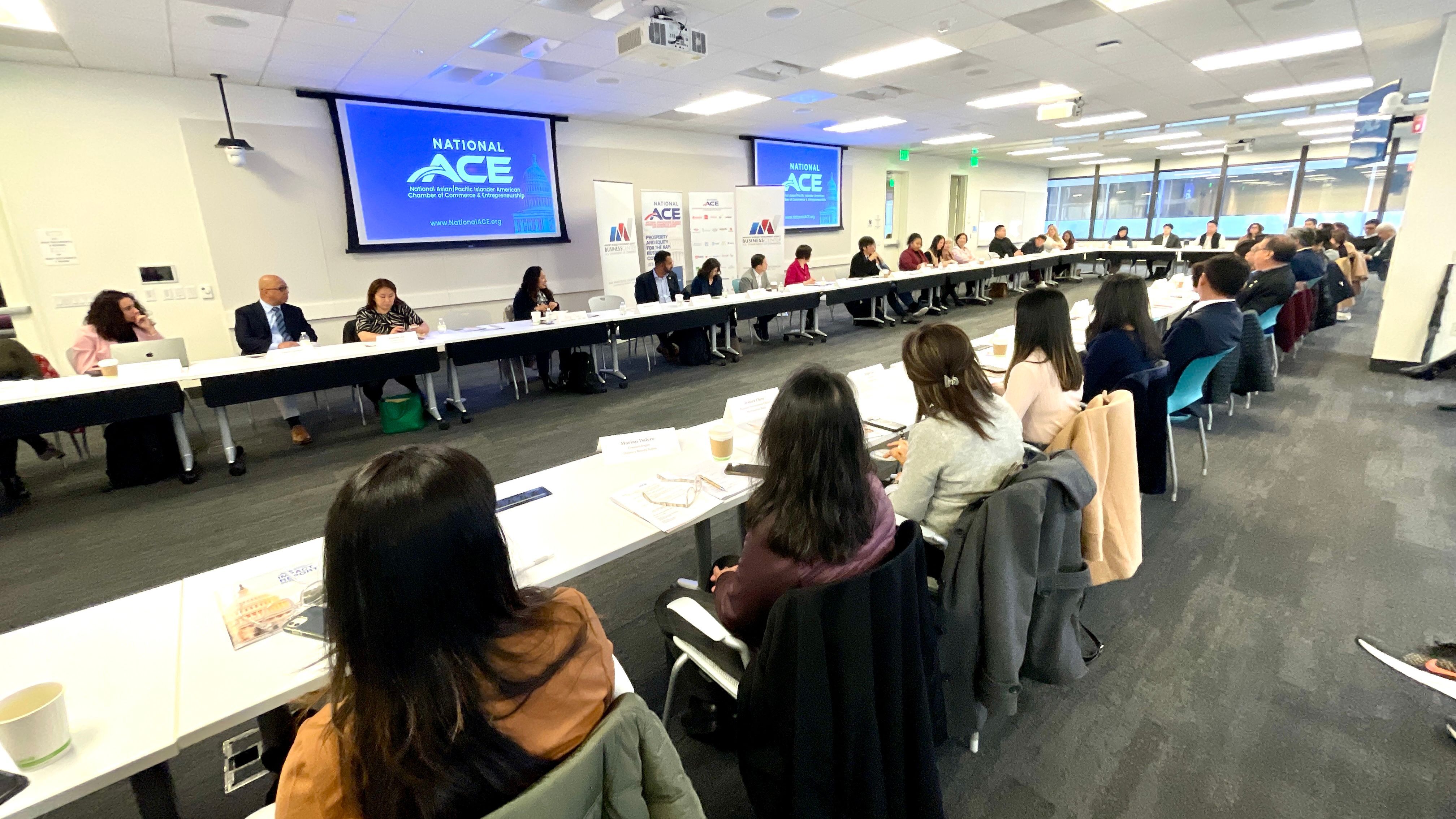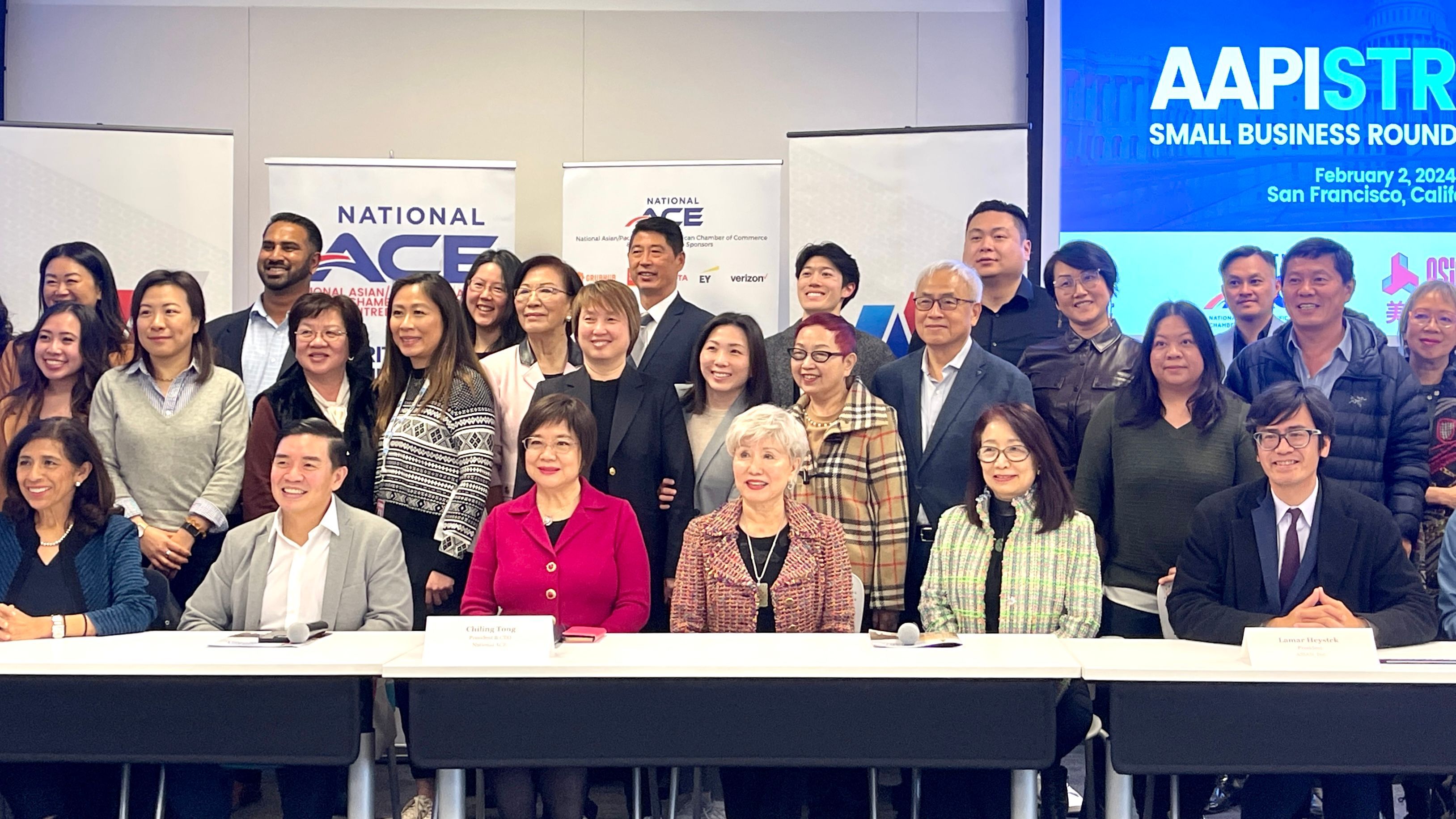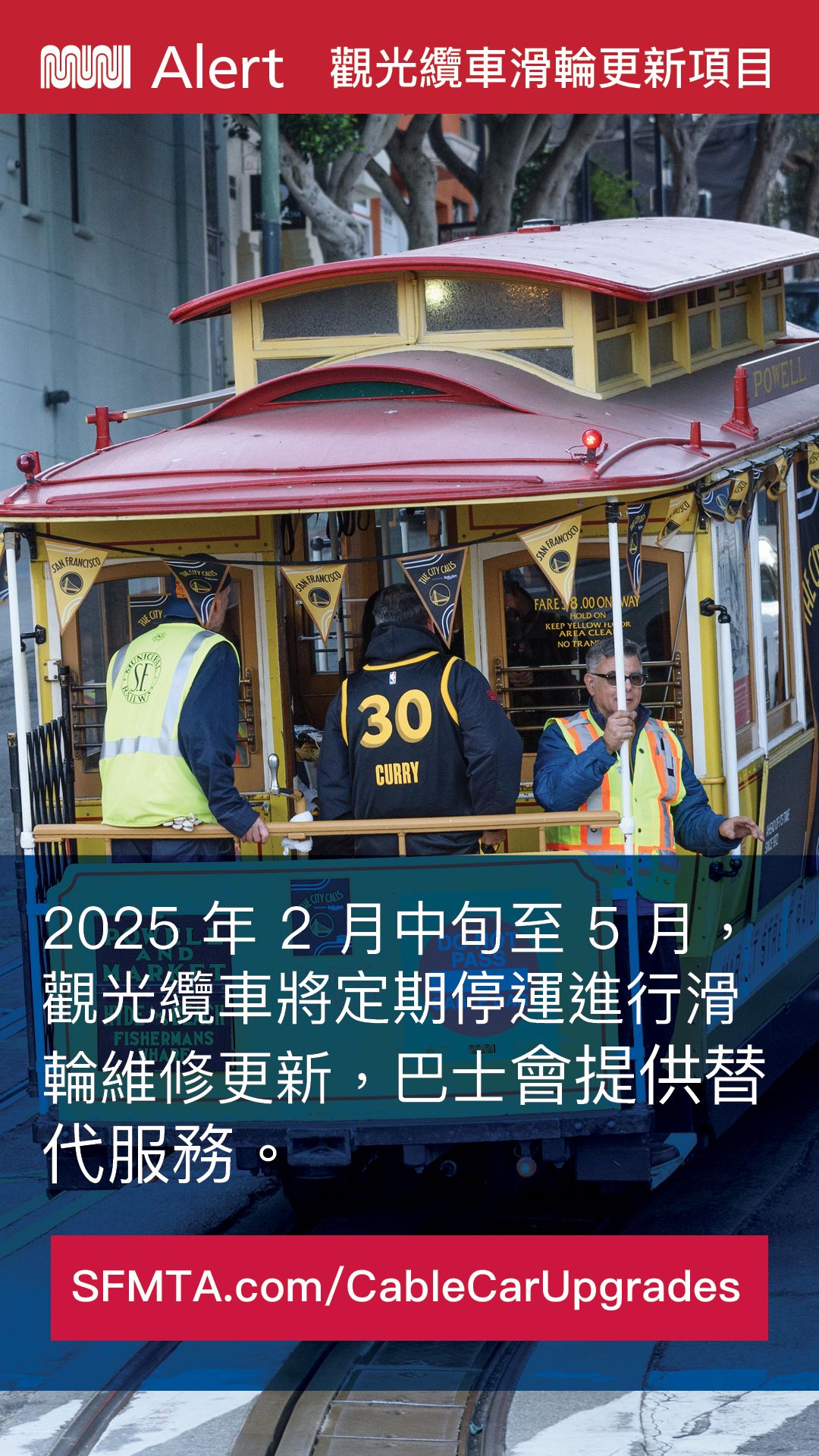Crime, language barrier, pandemic are the challenges faced by Asian small businesses


(SAN FRANCISCO) Crime, language barrier, pandemic are the challenges faced by San Francisco Asian small business owners who requested for more resources from all levels of governmental agencies.
An AAPI small business roundtable conference co-hosted by Asian Inc. and National Asian/Pacific Islander American Chamber of Commerce and Entrepreneurship (National ACE) was held in San Francisco on February 2. 50 Asian small business owners mostly operated in San Francisco attended the conference.
U.S. Small Business Administration (SBA)'s Director of Program Management Ben Raju from Washington D.C. and Region Administrator Elmy Bermejo attended the conference to listen to the concerns brought by the small business owners.
Chiling Tong, President and CEO of National ACE, said it was part of the National ACE missions to meet with business communities across the nation to support Asian small businesses.
Lamar Heystek, President of Asian, Inc and co-host of the conference, said the roundtable meeting was a beginning of the conversation between Asian small businesses and government agencies as well as national organizations. More dialogues would be expected in the future.
According to the attendees, the pandemic which began in 2020 has not been recovered for Asian businesses in San Francisco yet. Crime has been one of the largest issues that hurt Asian businesses.
"People feel unsafe in San Francisco," said Lisa Diep, manager of Watt Property Management. "A lot of stores have moved out because of Prop. 47. People also feel unsafe when they see homeless people on the streets in the City."

"People have not been back to work in San Francisco yet. The vacancy rate of commercial buildings and stores has been up to 85% in San Francisco downtown," Diep said while people still worked from home and customers had no desire coming to San Francisco for shopping, it was difficult for the Asian small businesses to recover.
Language barrier has been another obstacle for Asian immigrant small businesses to grow and get government contracts, grants and resources.
Lily Lo, CEO of Northeast Community Federal Credit Union and Co-Founder of BeChinatown, has provided assistance and translation services for the small businesses in San Francisco Chinatown for decades. Lo said immigrant small business owners have been kept out of governmental services because of language barriers and missed many opportunities of receiving resources from all channels.
"Once they receive the translations, the grants are gone for them," said Lo who hoped all levels of government agencies to increase in-language service for the Asian small businesses, especially for many mom-and-pop small stores.
Lo organized and hosted two night market events in San Francisco Chinatown in recent months. They were also the first night markets in decades in San Francisco Chinatown. Both were very successful with thousands of people coming out and enjoying the food at the night events.
Lo was optimistic that once the Asian small businesses were provided with more resources, the future would be great for them.
- In a 52-2 vote, Chinese American Democratic Club endorses to recall Supervisor Engardio as a result of passage of Proposition K
- An amnesty program in San Francisco is back through July 1, 2025 to legalize existing awnings
- Opinion: Political betrayal warrants recall
- Do empty yellow loading zones best serve the San Francisco Chinatown community?
- T&T Supermarket, largest Asian grocery chain in Canada, announces to open at San Francisco City Center on Geary Blvd. in winter 2026
- (Breaking news: Charlene Wang wins in the Oakland's special election) Charlene Wang runs for Oakland District 2 Councilmember on April 15, 2025 to represent Oakland Chinatown
- Mayor Lurie announces plans to support small businesses including First Year Free program waiving fees for new businesses
- 12 speed safety camera systems out of 33 begin to operate in San Francisco by first issuing warnings instead of citations for 60 days






